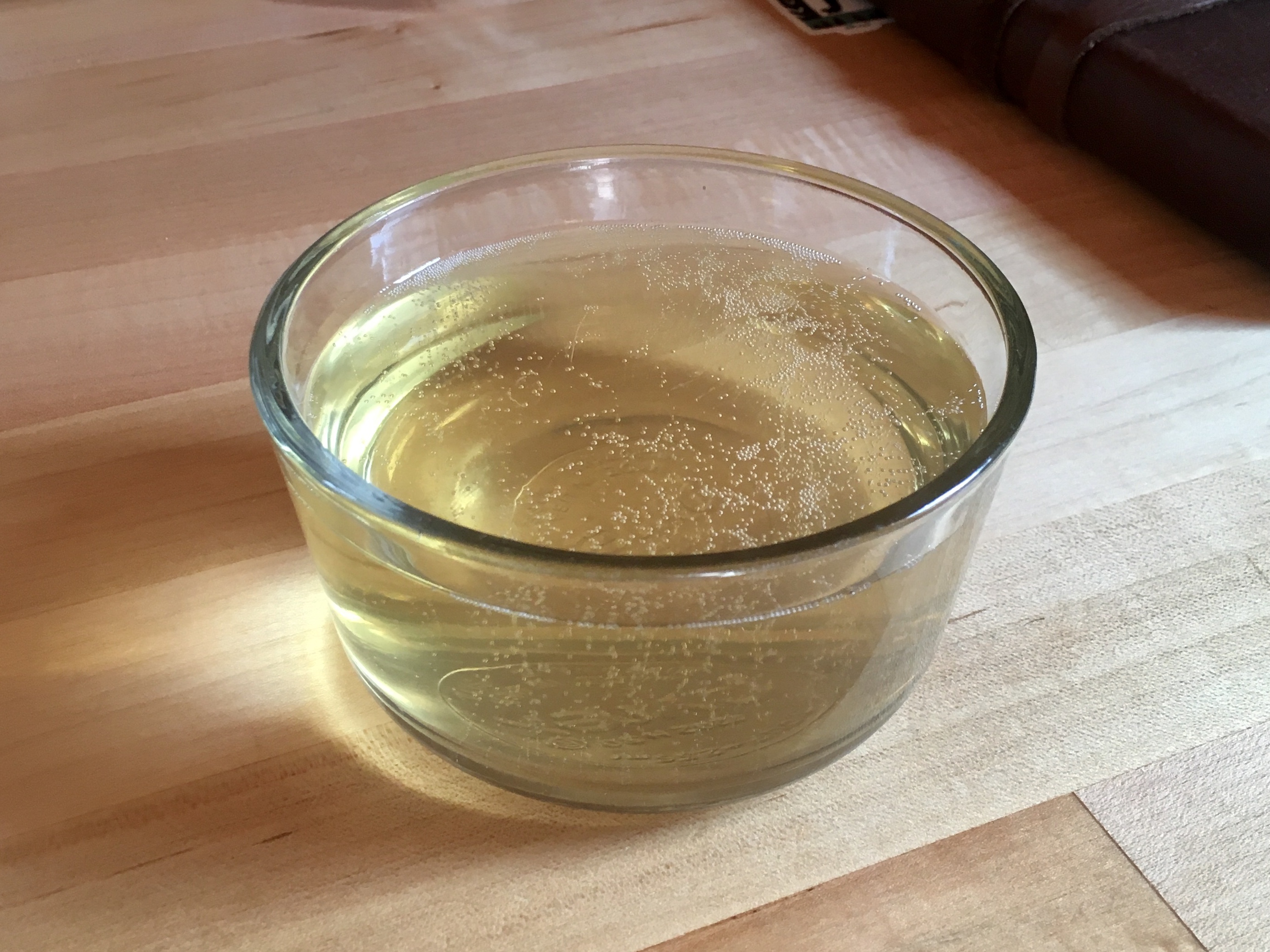[The descent of the souls of men] is deepened since [their spirit] is compelled to labour in care of the [needy body] into which they have entered. But Zeus, the father, takes pity on their toils and makes the bonds in which they labour soluble by death and gives respite in due time, freeing them from the body, that they too may come to dwell there where the Universal Soul, unconcerned with earthly needs, has ever dwelt. (Plotinus, Enneads IV iii §12)
It may seem strange, from our perspective on the earth, to think of death as the gift the Gods give to us in pity, but I have another example like it.
I have very severe allergies to many things, and one of the worst of these is hay fever season. It is not merely itchy eyes or a runny nose for me, though; my lungs and skin catch fire, my throat and eyes swell shut, and I become unable to breathe, eat, sleep, or generally function at all. In time, my wife and I have learned to manage this very carefully through a quarantine protocol, and while I'm more-or-less confined to part of the house, at least I can live normally otherwise.
Back in New York, hay fever season lasted late July through late August—that is, when the Sun is in Leo. (I have long wondered about this—guess which planet rules my sixth house?) This was also when the sunflowers were in bloom, and while I really like sunflowers, I've always had to enjoy them from a distance.
Here in Oklahoma, hay fever season began in June and is still ongoing—I expect it to continue for the rest of the month or so. One might lament a three-month house arrest, but the gods are merciful and given me, too, a gift of their strange sort of pity: a volunteer sunflower sprang up right behind the house, in easy view from the window, for me to enjoy up close. But not only this, but it seems to act as a clock for the allergies: it began to blossom in June, right as I could no longer go out, and has been in continuous bloom since then but for a single week—and it happened to be a single week where the drought had been severe enough to reduce the pollen, letting me go out for a few days. (Conveniently, this coincided with an appointment that I needed to keep.) So this sunflower is the gods' good messenger to me, warning me of danger and safety—and I imagine the last of its flowers will wilt when it is safe for me to again leave the house for the autumn.
So rather than complain about what kind of divinity should cause me to be locked up for a substantial fraction of the year, it is better to realize that it was men who poisoned the plants with their chemicals and sickened my body with autoimmune disease, but it is the providence of the gods that help me to bear it.
